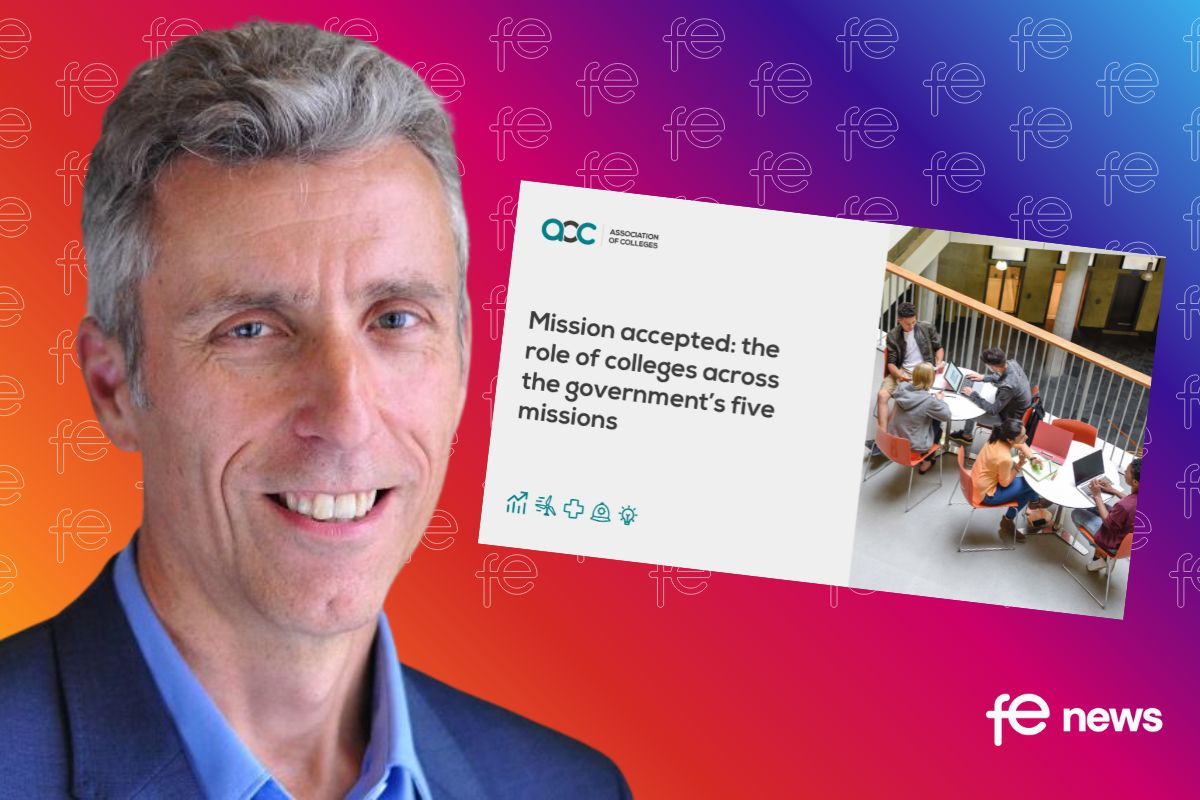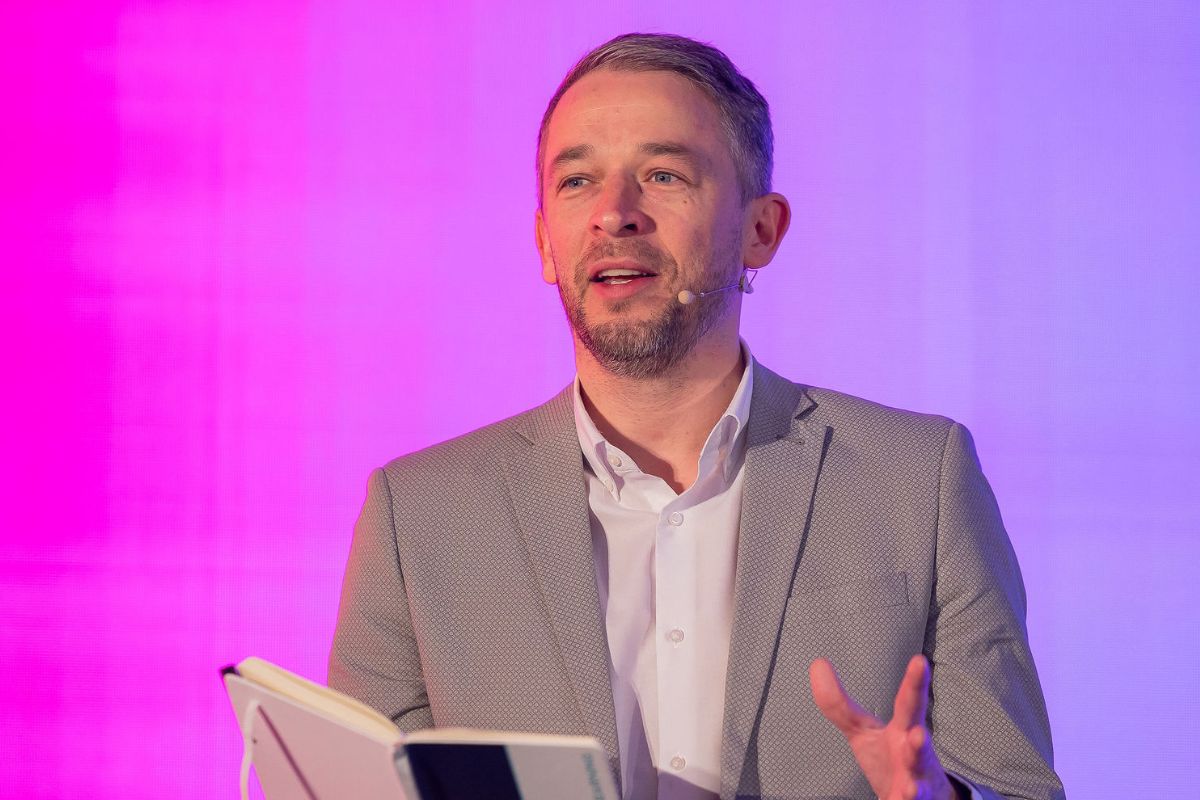How has Covid-19 shaped industry placements for T Level staff?

This past year has, at times, felt more like a film than real life. There have been heroes and rogues, failures and successes, moments of immense sadness and overwhelming joy. But this story is not the brainchild of a Hollywood writer, it has been our reality. We have found ourselves integrating terminology, behaviours and restrictions into our daily lives that two years ago would have felt implausible.
We have all had to face challenges and operate in a world that feels alien. These challenges have given rise to innovation, fueled by a key question – if we can’t do it the way we did it before, how do we do it?
Businesses, small and large, have been impacted by the pandemic. Across the country, they have and continue to overcome huge barriers to keep their heads above water and work towards securing their future.
Perhaps this year has taught us that you must adapt to survive, but hasn’t this always been the case, pandemic or not? Perhaps the pandemic has reinforced the message and reminded us that change can sometimes be more important than business as usual.
We have been contacting employers over the past year seeking support for the Education and Training Foundation’s Industry Insights programme, part of the T Level Professional Development offer. The programme aims to give staff from Further Education (FE) providers the opportunity to go back into industry to upskill, raise their awareness of current industry practices and subsequently take this knowledge back into the classroom. Twelve months ago this seemed an achievable task, however, the simple purpose of this programme became increasingly difficult to fulfil when operating under national government instructions to ‘stay at home’, ‘work from home if you can’ and ‘maintain social distancing’.
There have been times when it has felt almost inconsiderate calling or emailing an employer asking them if they could provide a five-day placement to a teacher, when they are unable to bring back their own workforce. This has been a fine line to walk and building relationships with employers has become increasingly difficult.
With no clear idea of how long the lockdowns or regional restrictions would last, predicting when activity would be able to commence was near impossible. The programme was at risk of failing and not providing FE providers with the opportunity to gain exposure to industry. As we couldn’t do it the way it was initially designed, in December 2020, we decided to design a whole new programme.
We began to develop three new virtual components to the programme – virtual placements, industry mentoring and group industry collaboration. Operating the programme virtually was something we had never done before and building whole new processes, structures and ways of working seemed a daunting concept in such a short time frame.
The new components were launched in February 2021. The new virtual activities were complimented by our Industry Workshops, short two hour online sessions led by employers covering demonstrations, Q&As, and updates on the latest industry practice.
Although employers couldn’t offer physical placements, the introduction of the new components opened the door to new conversations. Employers started to show their willingness to offer workshops and discuss how they could provide virtual opportunities. The breadth of employers involved in our workshops has been fantastic, including companies such as The Met Office, Vodafone and Willmott Dixon, to The Open University, NHS England and Skills for Care. A huge thanks must be given to all the employers involved for their time and support during such challenging times.
As more colleagues began to apply for our virtual activities as an alternative to a physical placement, we started to see how these activities could benefit FE staff.
Phyllis Francois, an industry mentoring participant at Solihull College & University Centre, said:
“The Industry Insights Mentoring Programme allows me to update and maintain my industrial and professional knowledge. This in turn enables me to deliver competent lessons to my learners both in theory and practice so they can then gain industry specific competencies, skills, and behaviours.
“The meetings give me a clear focus, where I benefit from guidance and explanations on what I need to know, what happens next and what needs to be done.”
As the roadmap to the easing of lockdown continues, we are starting to see some employers willing to explore the idea of a physical placement. It will be a while until we can return to ‘normal’ programme operations, but then again, do we want to?
If it’s true that you must adapt to survive, what will a return to ‘normal’ actually mean? We introduced three virtual components as a temporary measure to solve a temporary problem. Because of this, the programme has now evolved and offers far more opportunities than we first intended. Whether we would have adapted the programme remains to be seen, what is not in question is the creativity that the current situation has enabled us to harness.
There is a sense of triumph over adversity and moving forward the virtual activities will remain as part of Industry Insights, alongside our face-to-face placements, offering more opportunities for FE staff to gain important exposure to industry.
Applications for Industry Insights for the academic year 2021/2022 will open from 29 May 2021.
Paul Bailey is Regional Manager (London, South East and East) at the Education and Training Foundation
This article is part of The ETF Thinks… campaign which aims to stimulate thinking in the FE sector and share ideas nationally.











Responses